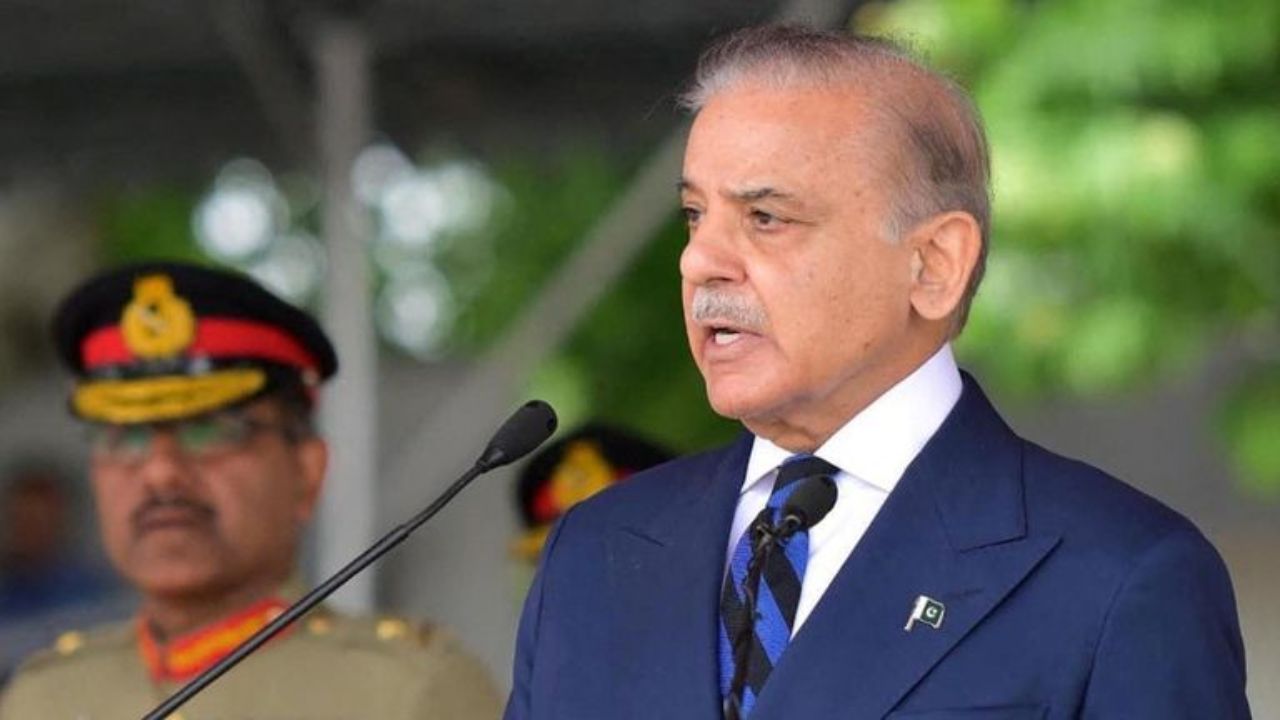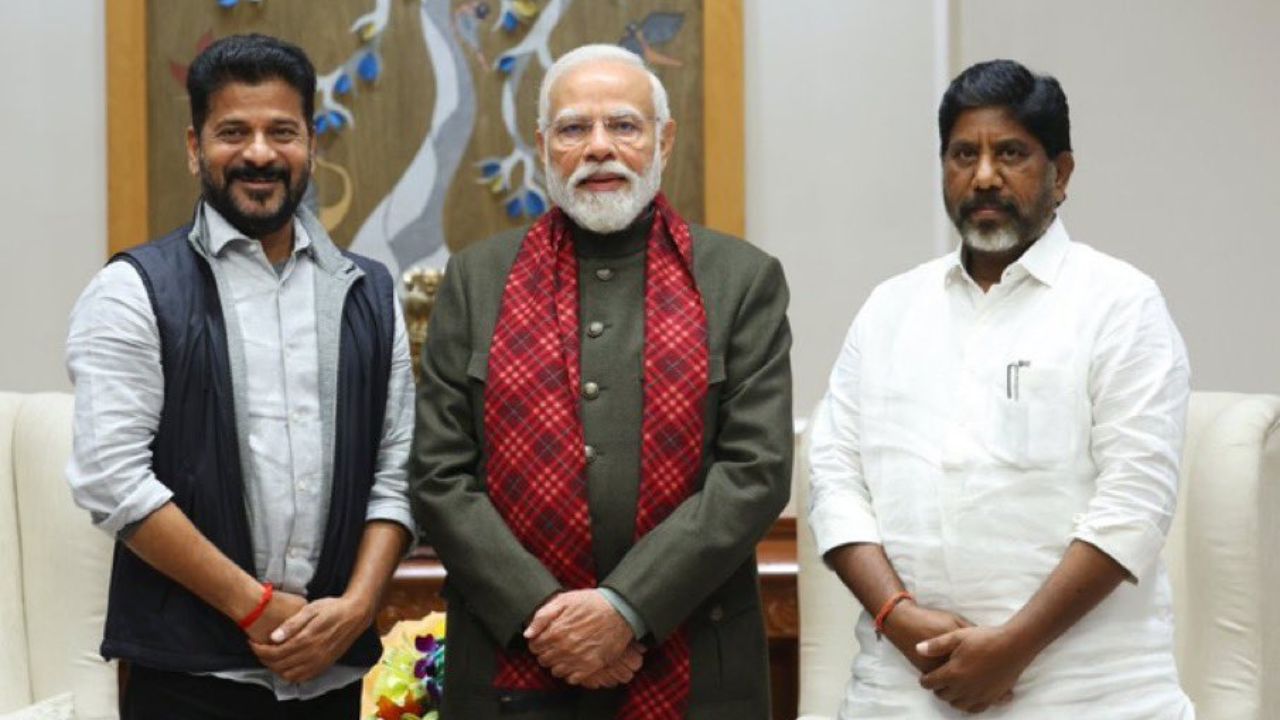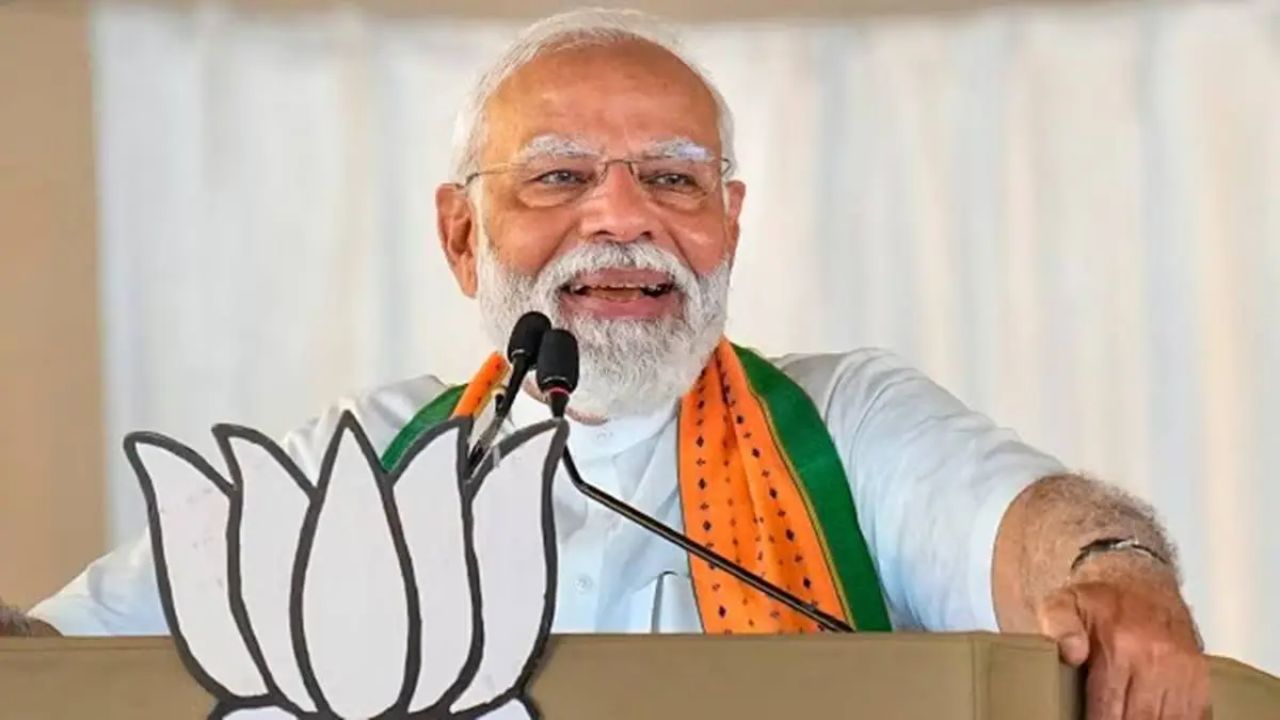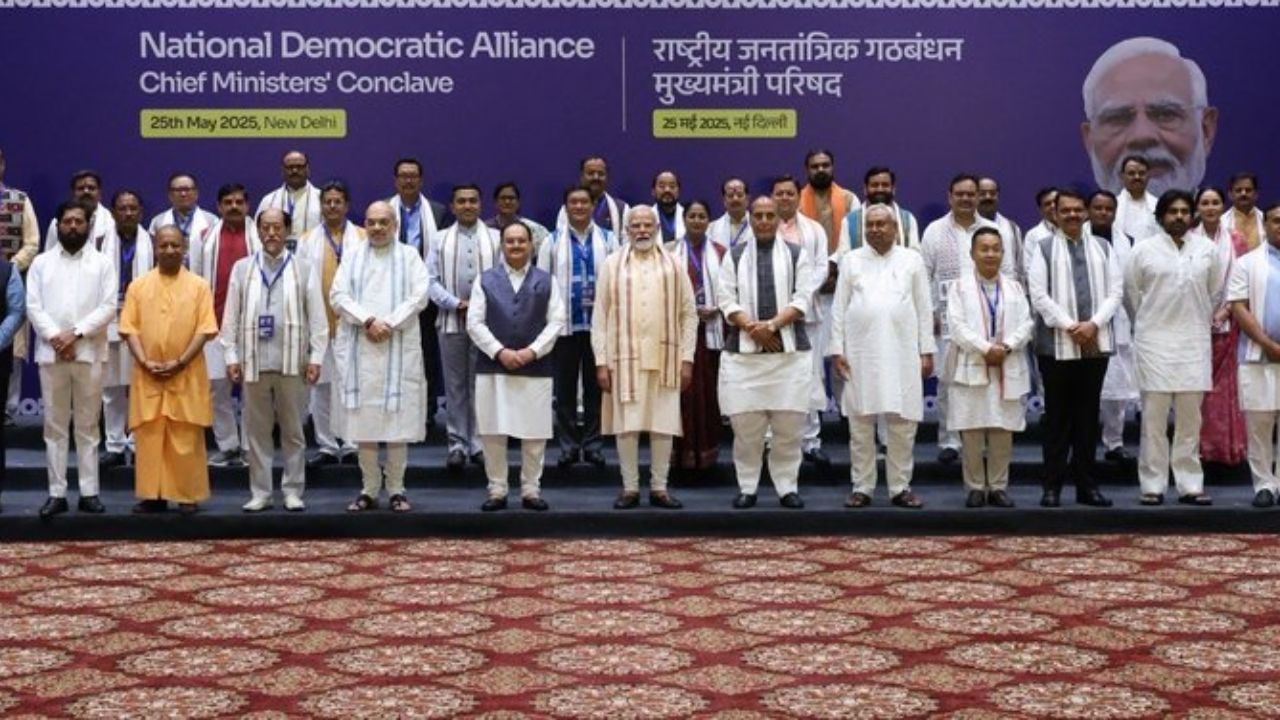Sri Lankan President Anura Kumara Dissanayake has announced plans to appoint a new Prime Minister and Cabinet on November 18, 2024. This move comes as part of a reshuffling of the country’s political leadership.
Sri Lankan President Anura Kumara Dissanayake is set to appoint a new Prime Minister and Cabinet on Monday, November 18, 2024, following a groundbreaking victory by his National People's Power (NPP) in the snap general
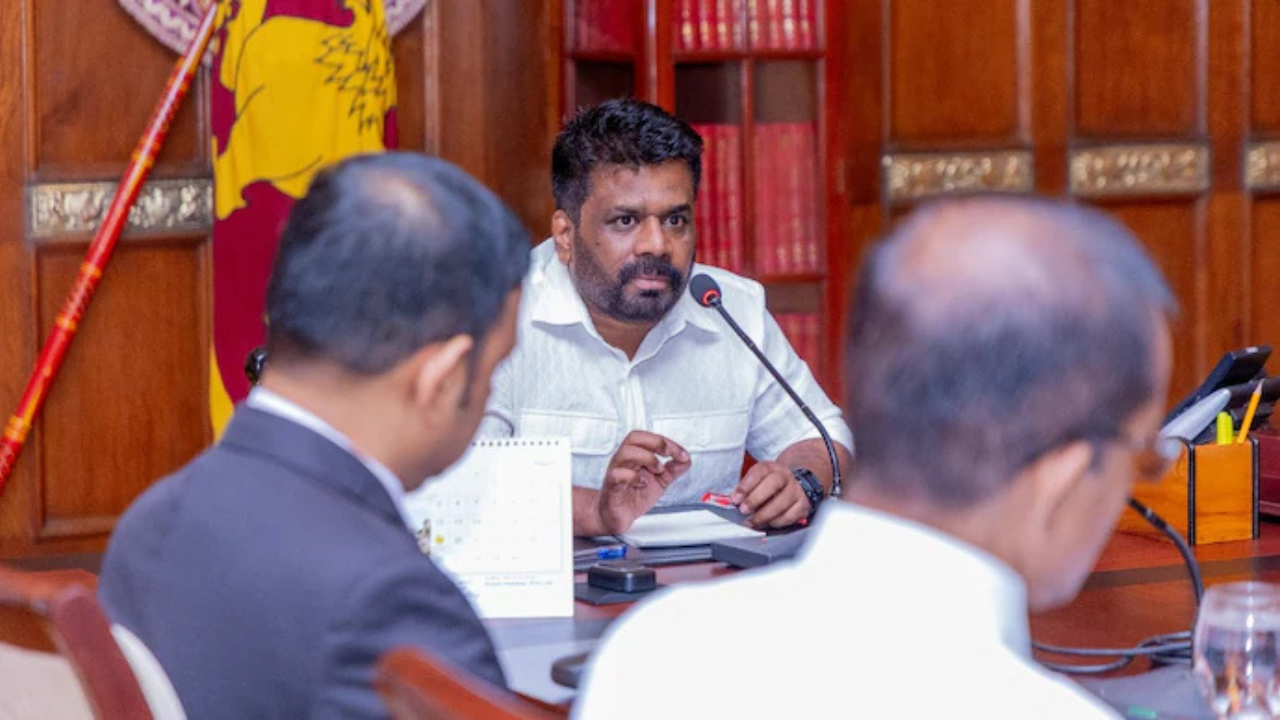
Sri Lankan President Anura Kumara Dissanayake is set to appoint a new Prime Minister and Cabinet on Monday, November 18, 2024, following a groundbreaking victory by his National People’s Power (NPP) in the snap general elections. The NPP achieved a historic two-thirds majority in Parliament, a significant milestone, while also securing a dominant win in Jaffna, the heart of Sri Lanka’s Tamil minority region.
Tilvin Silva, a senior spokesperson for the NPP, confirmed that the Cabinet would be limited to 25 members, though it could be further reduced to 23 or 24. He emphasized that the ministries would be allocated through a “scientific approach” to ensure efficiency. According to Sri Lanka’s Constitution, the number of Cabinet Ministers can be at most 30, with Deputy Ministers not exceeding 40. Silva also mentioned that additional Deputy Ministers might be appointed to oversee more prominent ministries as the NPP seeks to streamline governance and reduce public expenditure.
The NPP, which won the Presidential election in September 2024, had been running the government with only three ministers, including the President. This electoral victory has been monumental for the party, achieving several historic records. The NPP won 61.56% of the vote, surpassing the previous record of 60.33% set by Mahinda Rajapaksa’s party in 2010. The party also dominated the voting divisions, winning 152 out of 168 and claiming 21 out of 22 districts, setting new benchmarks in Sri Lankan politics.
The NPP now holds 159 parliamentary seats, surpassing the previous high of 145 seats won by Rajapaksa’s party in 2020. With this victory, the NPP has become the first political party in Sri Lanka to achieve a two-thirds majority under the proportional representation system, positioning it as the dominant force in the country’s governance for the foreseeable future.


